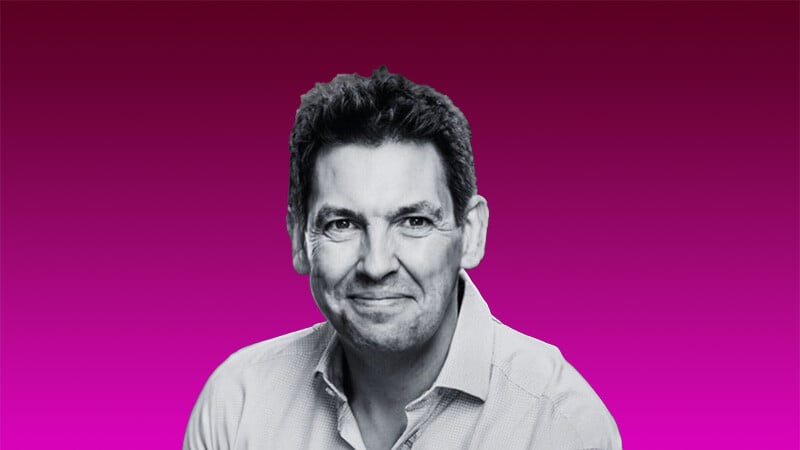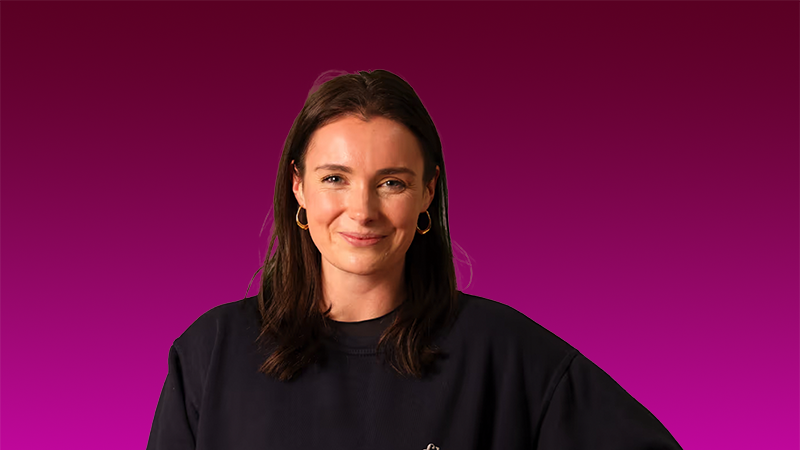What’s an exit plan and why do I need one for my startup?
When you board a plane to go on holiday, you’re probably thinking about your sunny destination, not where the plane’s emergency exit is. Of course,...
Manage your equity and shareholders
Share schemes & options
Fundraising
Equity management
Start a business
Company valuations
Launch funds, evalute deals & invest
Special Purpose Vehicles (SPV)
Manage your portfolio
Model future scenarios
Powerful tools and five-star support
Employee share schemes
Predictable pricing and no hidden charges
For startups
For scaleups & SMEs
For larger companies
Ideas, insight and tools to help you grow

For episode nine of FounderMetrics season two, founder and CEO Ifty Nasir chatted with Trevor Stevenson-Platt, a leading exit planner and the founder of Business Growth Institute.
In this expansive conversation with Ifty, Trevor talks us through his journey from military man to business leader and explains what it truly takes to transition successfully.
Check out the main takeaways below, or click here to listen to the full episode.
My background is ex-military; I was in the Army. I was 17 when I joined which, looking back now, seems incredibly young. After my military career, I went to university and studied law.
While at university, I set up my first company, which funded and insured litigation risk. I’ve been running companies for 27 years.
Towards the latter part of that journey, I worked for a family office, where I was heavily involved in buying companies. I learned a great deal about how amazing entrepreneurs build great companies, but many stumble in the final stages, especially during the exit.
I then joined the Exit Planning Institute in America. The US is far ahead of the UK in exit planning and selling businesses. It's a much more holistic approach.
The Exit Planning Institute has about 3,000 advisors, but there are only about four in the UK, and I am one of them.
After I studied law, we funded and insured litigation risk, specifically personal injury claims. We provided funding for lawyers.
There was a lot of success in that business, but also some really, really stupid mistakes.
Looking back, I realise I was very good at certain things, but probably not as good at running a company. At that stage, it was more brute force than refined business acumen. But that's how you learn, isn't it?
When you're young, you're not surrounded by the kind of people you meet later in life. Now, it's much easier because of the network I have developed over the years. Back then, I didn't know the people I know now, and that makes a huge difference.
At the Business Growth Institute, we bring the benefit of knowing many good people. The entrepreneur effectively gains a "silent entourage" by leveraging our network, which has taken almost 30 years to build, offering a wealth of knowledge and experience to draw upon.
The other week, I looked on Amazon, and there is something like 40,000 books on business growth. If you search for "Exit Planning" on Amazon, I think there are about 160 books on how to package up and sell your business correctly.
If I could leave listeners with one takeaway, it would be:
Take some time two or three times a month, to have a meeting with yourself and start thinking about your business as the product and the eventual customer as the buyer.
By doing this, you begin to shift your mindset slightly towards where you need to go. Exit planning is a holistic process; it's not just one part.
A significant part of what we do is work with the entrepreneur to understand what happens next. What happens in the third act?
Entrepreneurs don't really retire - they're not designed that way, at least not the ones I know. They tend to reinvent themselves and move on to other things, but it's crucial to be incredibly clear about what that is.
One of my business partners is a finance guy, so we constantly monitor several metrics. But the most crucial factor is the cash position of the business, which we are very clear on.
We also use something called the DuPont formula, which allows us to stitch together the balance sheet and the profit and loss statement.
Through this lens, we examine the assets of the business and how well they're performing. You assess the assets, and the income generated from them. If you get this right, it becomes a leading indicator rather than a lagging one.
It’s like having a blood test. You might look great, but if your cholesterol is high, there's a problem. This approach greatly helps us in the business, as we can identify trends and conduct trend analysis early on.
When looking at these metrics, you're constantly thinking about the effectiveness and efficiency of the business. The key is to focus on trends and then assess what happens when you adjust certain aspects.
One thing I've learned is not to try to change everything all at once. You need to be patient and go month by month.
For example, after launching a marketing campaign, assess whether it had a positive or negative effect. If it was negative, roll it back and try something else.
Exit planning is not just window dressing. The things we do are substantial changes that need to happen in the business. Some of them might involve restructuring the team.
A common issue is that the business owner has built the business around themselves, so it's essential to build a leadership team and engage them for a longer journey than you might be planning yourself.
Fundamentally, all of this is challenging:
That's why I encourage everyone to start thinking about it as early as possible - it takes time.
Many businesses don't get to choose when they sell because life can throw unexpected challenges your way - divorce, death, illness. These things are very real. For me, being prepared and being able to press the button today is crucial. It's all about having options.
Keep in mind, that 100% of people will exit their business. It's going to happen. Even if you hold on forever, there will come a time when your involvement ends. Whether the business continues, or you decide to close it, that moment will definitely come.
Remember, you only get one chance to do it right. There are 5.2 million companies in the UK. Very few achieve more than a couple of million in turnover, and even fewer survive beyond five years.
If you've done all of this, taken on so much risk, and made countless sacrifices, there must be a reward for that.
You can listen to Trevor’s episode now on your preferred podcast platforms. You can also watch the interview in full on YouTube. Don't forget to like and subscribe!

When you board a plane to go on holiday, you’re probably thinking about your sunny destination, not where the plane’s emergency exit is. Of course,...

In this episode of FounderMetrics, Ifty Nasir is joined by Lev Perlman, the founder of tech agency Metamindz.

On the fifth episode of this second season of FounderMetrics, founder and CEO Ifty Nasir sits down to chat with Molly Johnson-Jones, CEO and...